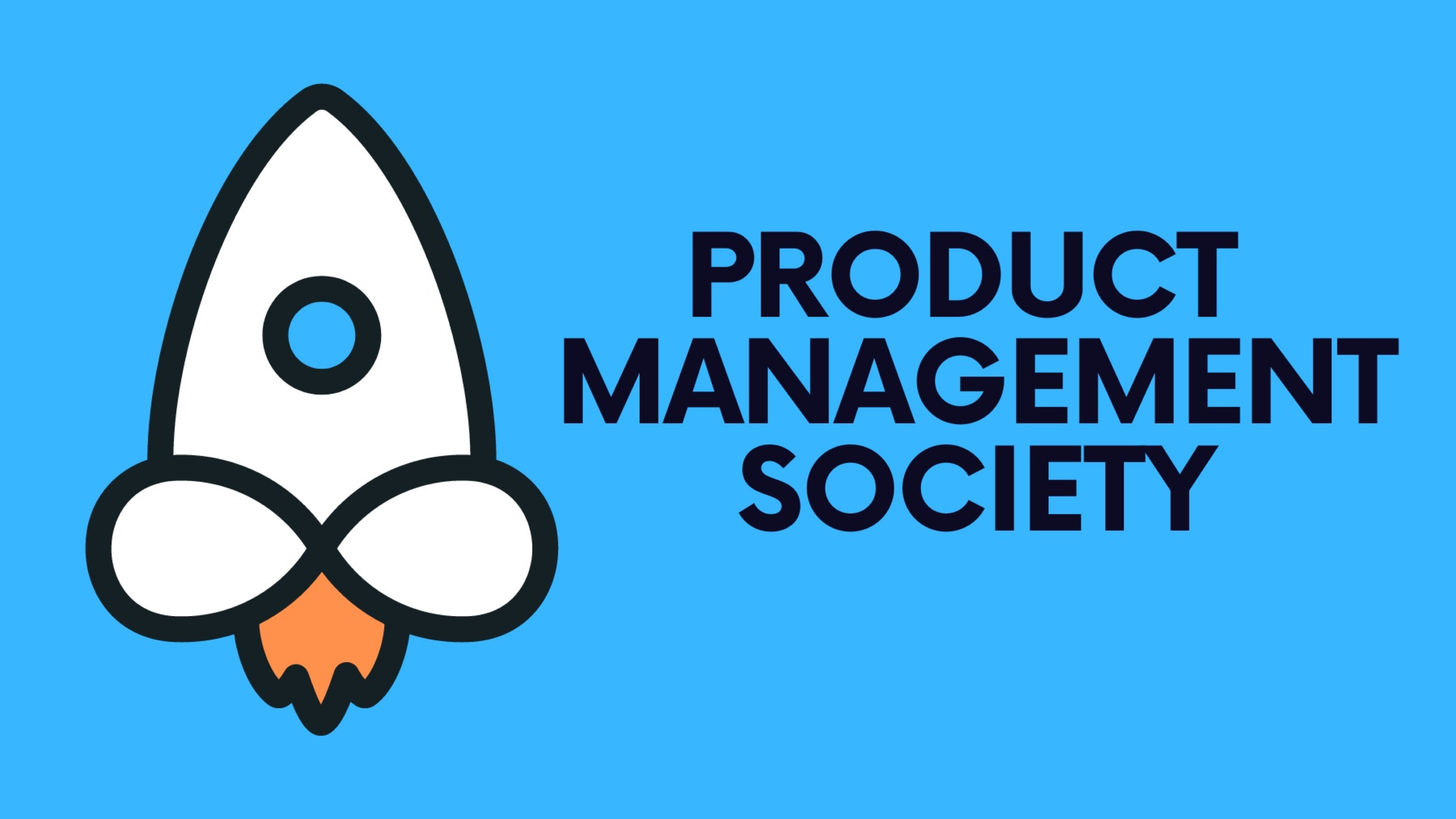In the intricate world of business, the role of a product manager is pivotal for the success of products and overall company performance. But what exactly makes this position so critical? This article explores the importance of product managers, detailing how they drive the development, execution, and success of products across various industries.
1. Vision and Direction
Setting the Product Vision:
- Product managers define a product's long-term vision, aligning it with the company's strategic goals. This vision serves as a roadmap, guiding every phase of product development and ensuring consistency and focus within the team.
Strategic Planning:
- They create and manage the product roadmap, which outlines key milestones and timelines, ensuring that the product meets market needs and company objectives effectively.
2. Cross-Functional Leadership
Team Coordination:
- Product managers lead cross-functional teams from various departments, such as engineering, design, marketing, sales, and customer support. They ensure all departments are aligned with the product's goals and facilitate effective collaboration and communication.
Stakeholder Management:
- They act as the primary communicator between internal teams and external stakeholders, including customers, investors, and partners. This role involves negotiating, persuading, and managing expectations to maintain project alignment and momentum.
3. Market and Customer Expertise
Customer Advocacy:
- Product managers deeply understand customer needs and market conditions. They translate customer insights into product features, ensuring the product effectively solves user problems and enhances customer satisfaction.
Competitive Analysis:
- They constantly evaluate the competitive landscape to inform product strategy, identifying opportunities for differentiation and ensuring the product remains competitive in the market.
4. Risk Management and Problem Solving
Identifying and Managing Risks:
- Product managers foresee potential risks in the product lifecycle and develop strategies to mitigate them. This proactive approach helps minimize losses and avoid critical pitfalls.
Agile Problem-Solving:
- They are adept at solving problems quickly and efficiently, often adapting product strategies in response to feedback and market changes to keep the development process on track.
5. Driving Growth and Revenue
Monetization and Revenue Enhancement:
- A significant part of a product manager's role is to define pricing strategies and business models that maximize revenue without sacrificing customer satisfaction.
Growth Initiatives:
- They identify and capitalize on opportunities for product growth, including new market penetration, product line expansions, and feature enhancements.
6. Impact on Organizational Success
Cultural Influence:
- Product managers help shape the company culture by promoting innovation, continuous improvement, and customer-centric approaches to product development.
Strategic Contribution:
- They contribute to the strategic planning of the organization, often influencing key business decisions and future direction.
Conclusion
The role of a product manager is crucial due to its impact on the product’s success and the organization's bottom line. From setting the vision to leading teams and managing the entire product lifecycle, product managers ensure that the products not only meet market needs but also drive company growth. Understanding the vital role of product management can help organizations leverage this function for greater competitive advantage and operational excellence.
If you’re finding this newsletter valuable, consider sharing it with friends, or subscribing if you aren’t already. Also, consider coming to one of our Meetups and following us on LinkedIn ✨
Thanks for reading Product Management Society! Subscribe for free to receive new weekly posts 🚀







